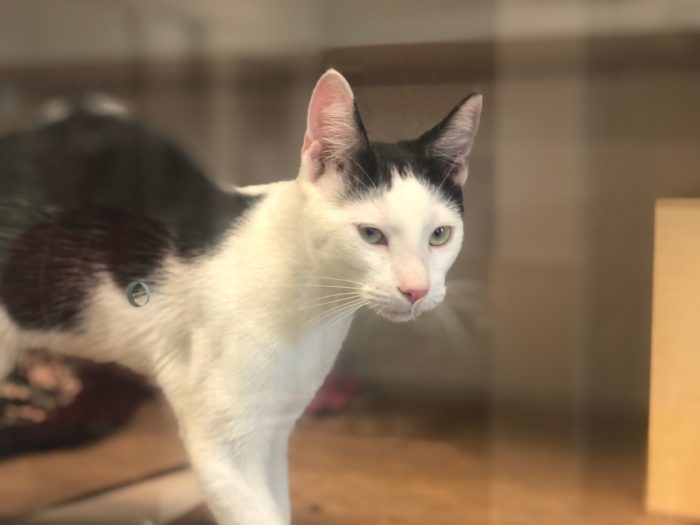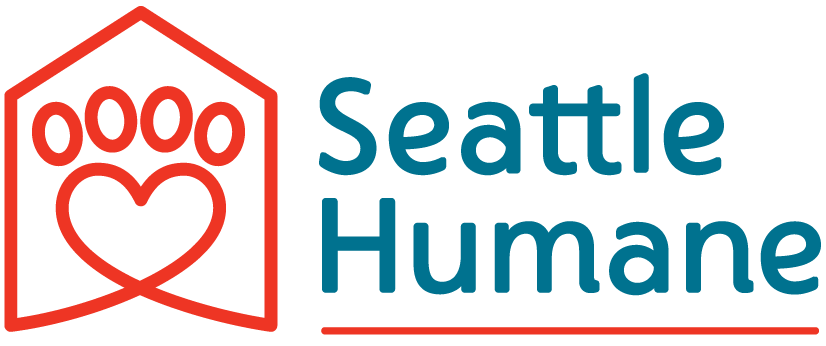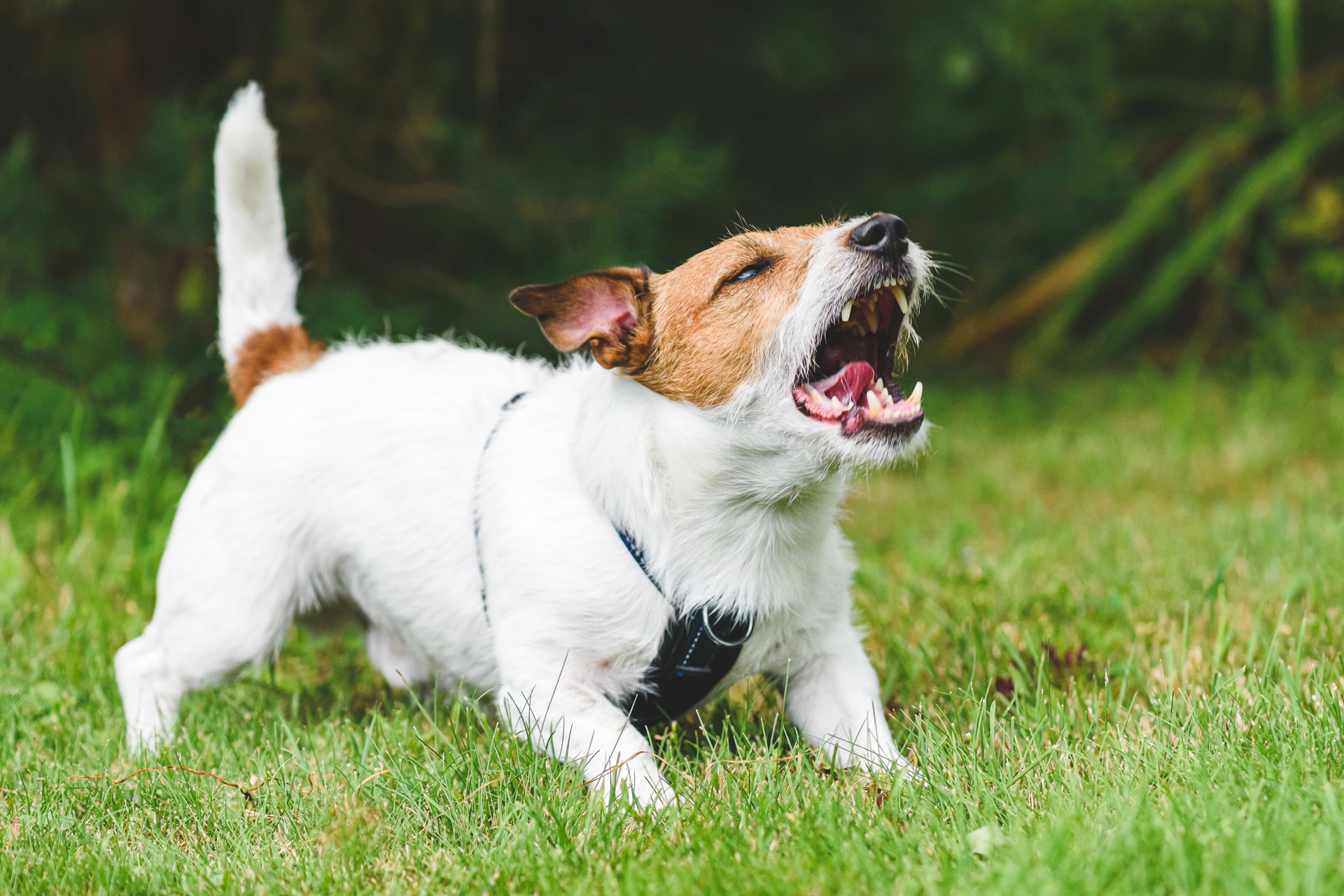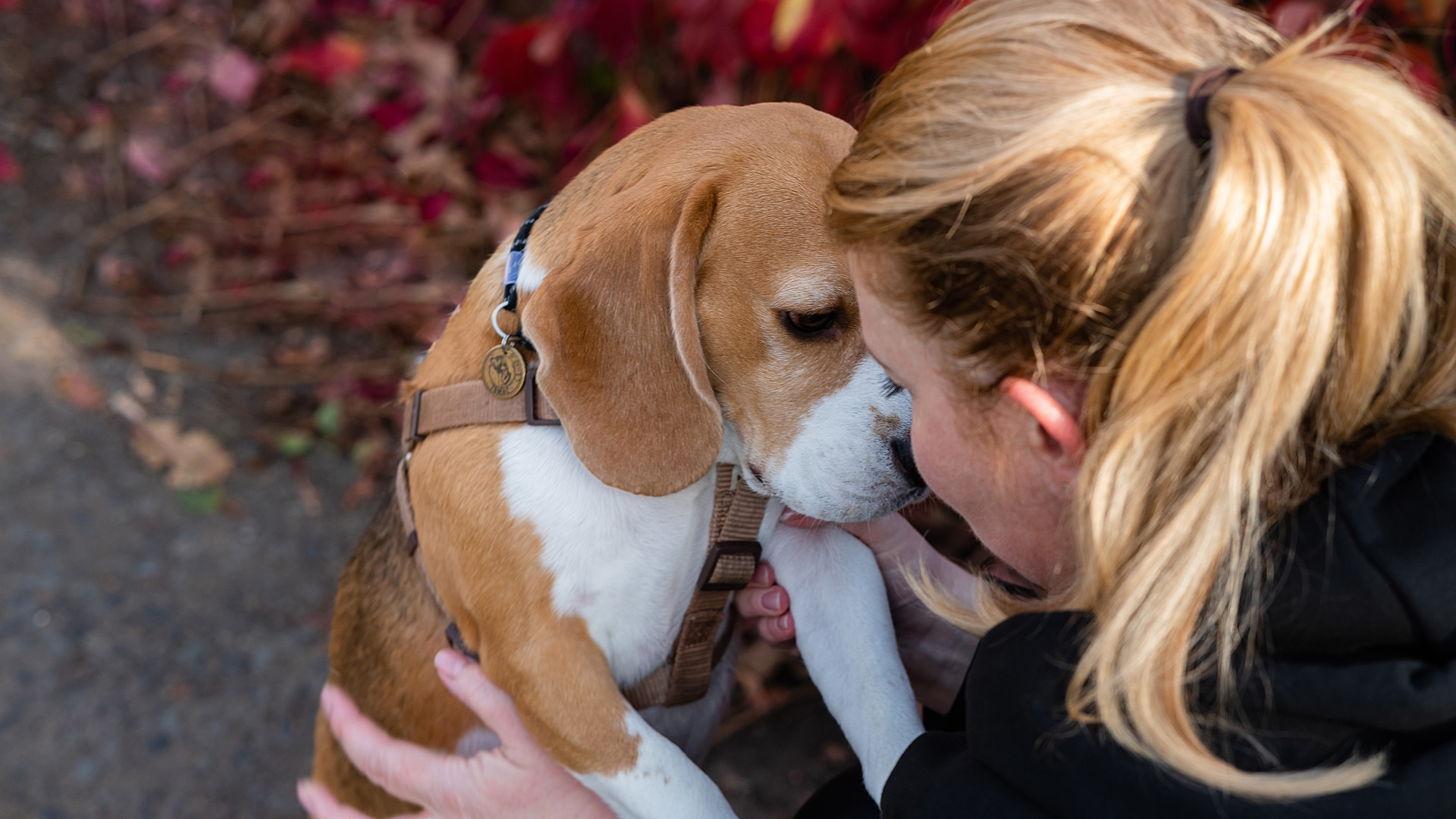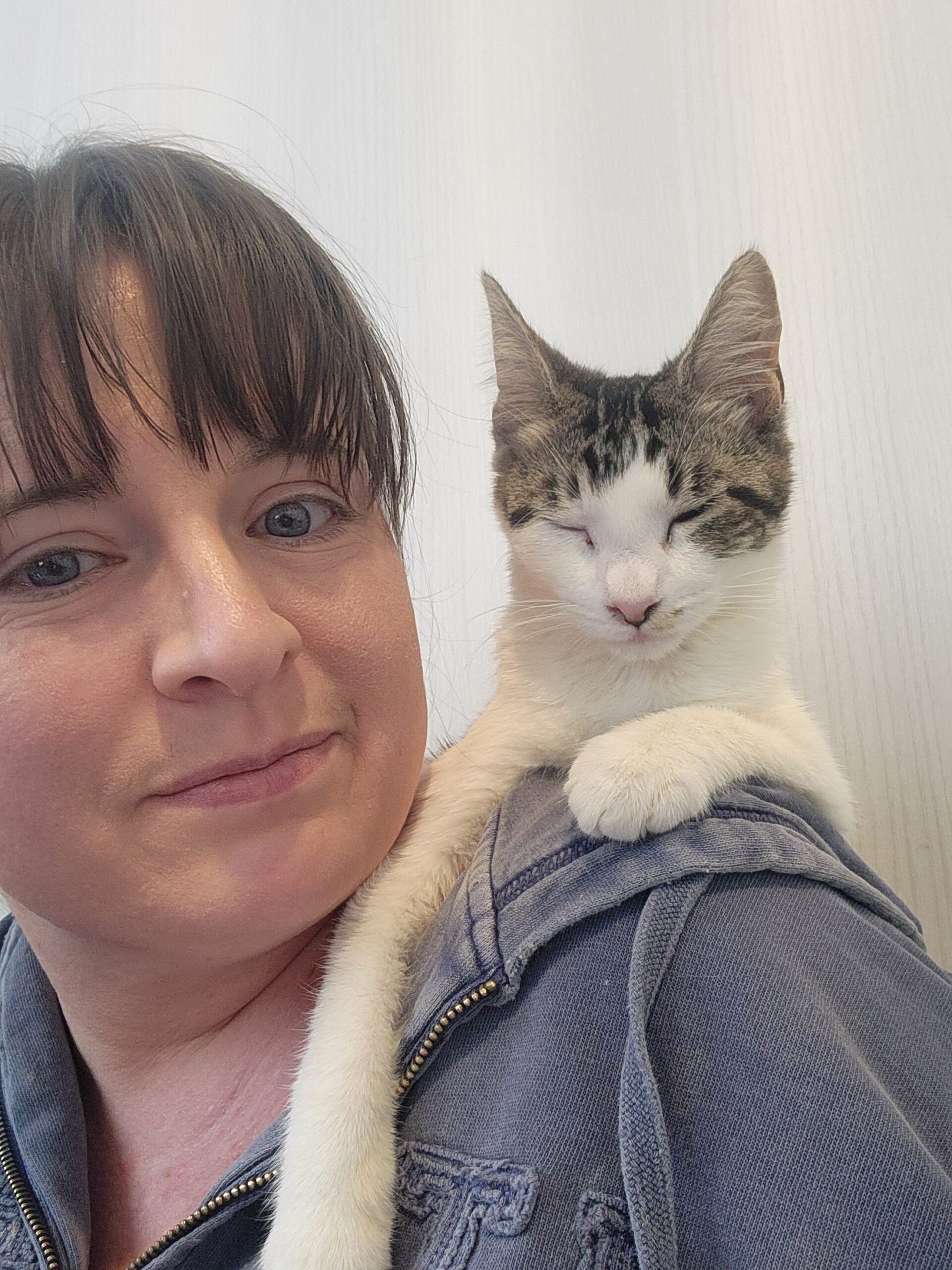YOU can help contribute to saving displaced Bahama cats by making a contribution: https://bit.ly/2JF6uC2
More than a dozen animals will be flown in from the country devastated by Hurricane Dorian; shelter also anticipates receiving animals displaced by California wildfires; more than 3,750 pets have been transferred to Seattle Humane so far this year.
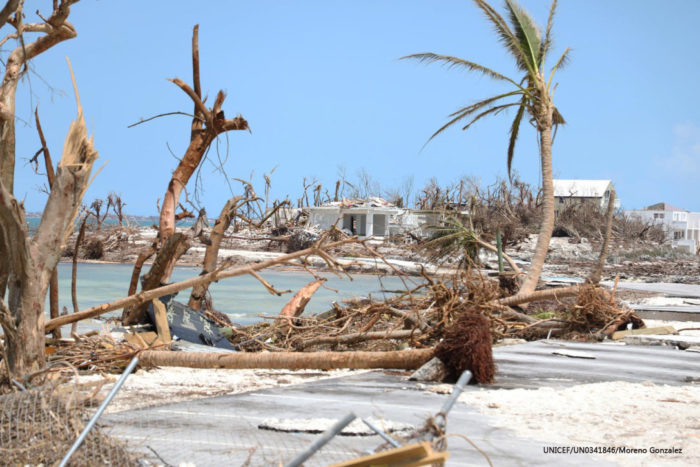
Earlier this week, we welcomed a flight of cats and kittens affected by Hurricane Dorian’s devastating impact on The Bahamas. This transfer is one of the more recent in a year that has brought more than 3,750 pets into Seattle Humane’s care through our Life-Saver Rescue Program, which is also preparing for the arrival of animals impacted by the California wildfires.
A Wings of Rescue flight carrying more than a dozen felines is expected to arrive at Kenmore Air Terminal at Boeing Field at 7 p.m. on October 30, where it will be met by staff and volunteers from Seattle Humane. From there, Seattle Humane will unload the plane and transport the animals to its Bellevue facility, where the pets will undergo medical examinations and behavior consultations before being made available for adoption.
No animals were separated from their owners in the disaster. Rather, these pets were already housed in the Bahama Humane Society shelter. This transfer allows the organization the space and resources to continue assisting lost and stray pets found in the hurricane’s aftermath, as well as helping owners and their pets displaced by emergency evacuations.
Hurricane Dorian struck the Bahamas in early September and was the strongest hurricane on record for the group of islands. The hurricane hovered over the nation for multiple days, resulting in the worst impact of any natural disaster in the country’s history. Damage is estimated to be more than $7 billion, with the death toll rising above 60. More than 280 people are still missing.
This flight is one of several disaster transfers Seattle Humane has responded to in 2019 to take in 110 displaced pets. In March, the shelter accepted animals from Alabama shelters affected by tornadoes, and in June, pets displaced by the Arkansas floods were transferred into the shelter’s care. Seattle Humane Intake Manager Jessica Charlton anticipates the Life-Saver Rescue Program will see an increase in missions during this year’s natural disaster season (generally considered to be April to November.)
“We expect that from now on we will assist with disaster relief every year. In my opinion, as long as climate change continues, we will unfortunately face dire environmental consequences, which obviously affects animals as much as it does people,” Charlton said.
Wings of Rescue is a California-based charity that flies endangered pets from disaster areas and overcrowded shelters to shelters where they have a better chance of being adopted. The organization has flown nearly 40,000 pets to safety since its founding. Already, the organiztion has flown more than 600 pets from the Bahamas in the aftermath of Hurricane Dorian, completing more than 40 flights from the disaster-struck nation.
Additionally, on the flights to the Bahamas, Wings of Rescue has delivered 180,000 pounds of humanitarian and pet goods to the striken nation.
In this particular case, Wings of Rescue contacted Seattle Humane and asked if the Washington shelter would be willing to accept the displaced cats.
“How could we say ‘no?'” Charlton said. “These are animals who lived through the disaster and experienced everything that came along with it — lack of power, poor sanitation, not enough people to care for them, etc. — and now they’ve been cleared from their quarantine for travel. Wings of Rescue has gone above and beyond in their efforts in the Bahamas. This is the least we could do to assist them, and we are very excited to meet these cats.”
The Life-Saver Rescue Program saves pets from other shelters that lack the space or resources to care for them. It brings in animals on a weekly basis from overcrowded Washington shelters, as well as responding regularly to national emergencies, such as flooding, fires, and other natural disasters. During the last fiscal year, the program completed more than 200 rescue trips and saved more than 4,200 animals. The program has already rescued more than 3,750 animals this calendar year and anticipates bringing in some 500 more before year’s end.
“Our Life-Saver Rescue Program allows us to expand our reach in serving animals by working with both local and national partners to move pets from areas with limited resources. We’re grateful to be able to respond quickly thanks to having the systems and partners in place to save lives,” said Seattle Humane Chief Operations Officer Lisa Drake.
A donation fund has been established for those interested in contributing to the shelter’s life-saving rescue efforts.

